Uncategorized
-
 Health & Medicine
Health & MedicinePharmaceutical abuse sent more than 350,000 people to the ER in 2016
The misuse of pharmaceuticals sent an estimated 350,000 people to U.S. emergency departments in 2016.
-
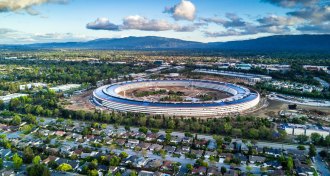 Science & Society
Science & SocietyNine companies are steering the future of artificial intelligence
In ‘The Big Nine,’ futurist Amy Webb explores the political and economic factors that are shaping artificial intelligence.
-
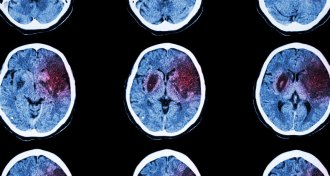 Health & Medicine
Health & MedicineStroke victims with busy immune responses may also see mental declines
A small study links an active immune response soon after a stroke with a loss in cognitive ability a year later.
-
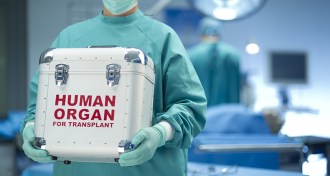 Health & Medicine
Health & Medicine50 years ago, doctors lamented a dearth of organ donors
Fifty years ago, surgeons’ supply of heart donations was woefully low.
-
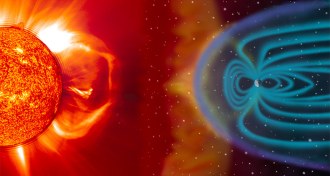 Astronomy
AstronomyOne of the strongest known solar storms blasted Earth in 660 B.C.
Ice cores and tree rings reveal that Earth was blasted with a powerful solar storm 2,610 years ago.
-
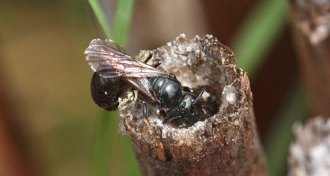 Animals
AnimalsThe first male bees spotted babysitting are mostly stepdads
Some male bees guard young that are likely not their own while mom looks for pollen, a study finds.
By Susan Milius -
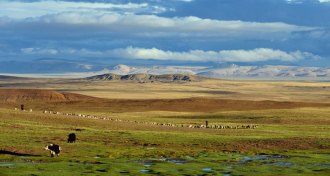 Earth
EarthThe ‘roof of the world’ was raised more recently than once thought
New studies suggest that the Tibetan Plateau may have risen to its dizzying heights after 25 million years ago.
-
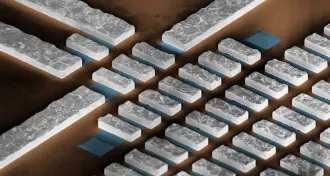 Physics
PhysicsScientists have chilled tiny electronics to a record low temperature
In a first, electronic chip temperatures dip below a thousandth of a degree kelvin.
-
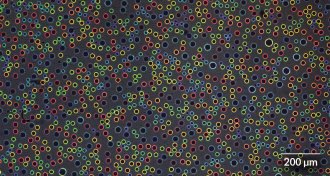 Physics
PhysicsHow droplets of oil or water can glow vibrant colors
Viewed from various angles, tiny droplets of water or oil glow different colors under white light.
-
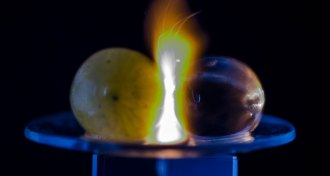 Physics
PhysicsMicrowaved grapes make fireballs, and scientists now know why
Electromagnetic waves bounce back and forth inside a grape, creating plasma.
-
 Animals
Animals‘Skeleton Keys’ unlocks the history and mysteries of bones
From fish to dinosaurs to King Richard III, ‘Skeleton Keys’ surveys the scientific and cultural history of bones.
By Sid Perkins -
 Astronomy
AstronomyMerging magnetic blobs fuel the sun’s huge plasma eruptions
Solar eruptions called coronal mass ejections grow from a series of smaller events, observations show.